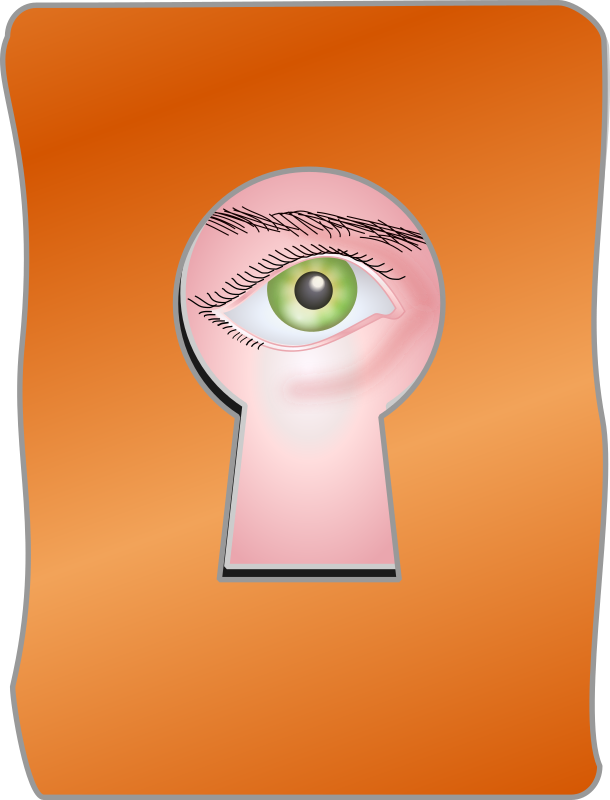So, I got all excited about writing this particular story. It completely fired my imagination; I found myself shirking other responsibilities just so I could research. Who does that? Anyway, I was thrilled about it so I started writing it. But then, something just didn't feel right. I tried forcing more chapters, but it just didn't sit well with me. Eventually, I had to put the book aside...and ended up writing an entire other novel instead. Then, just the other day, all the answers came to me out of nowhere. Knowing when to stop is a big part of being an indie author.
Hitting the Brakes






















